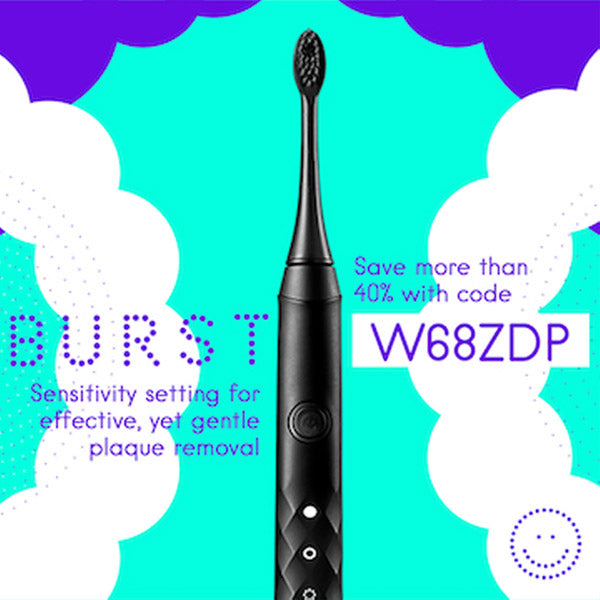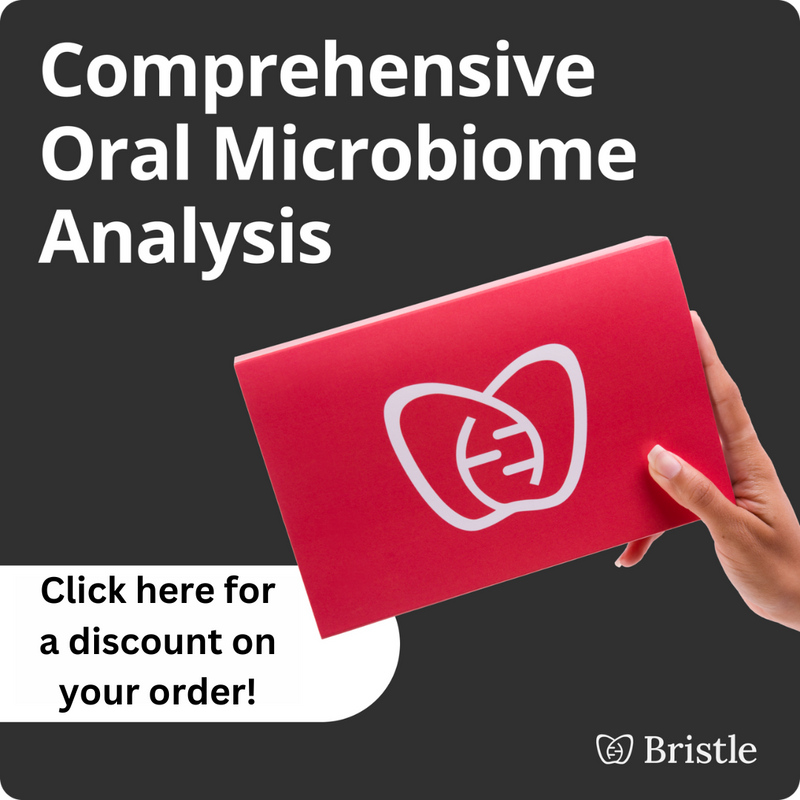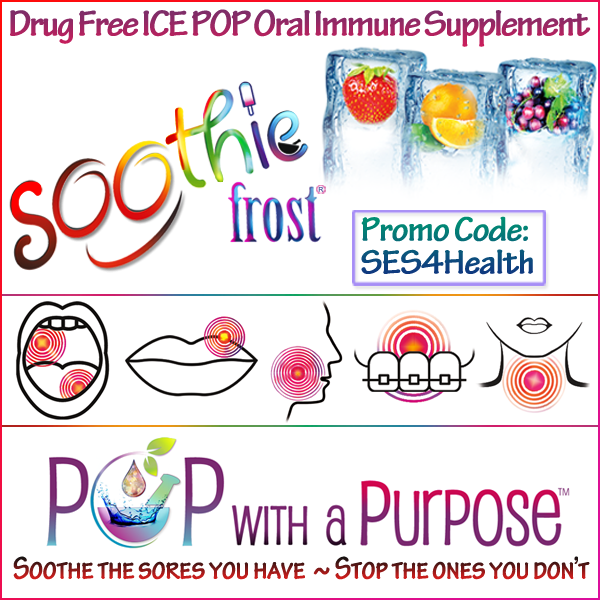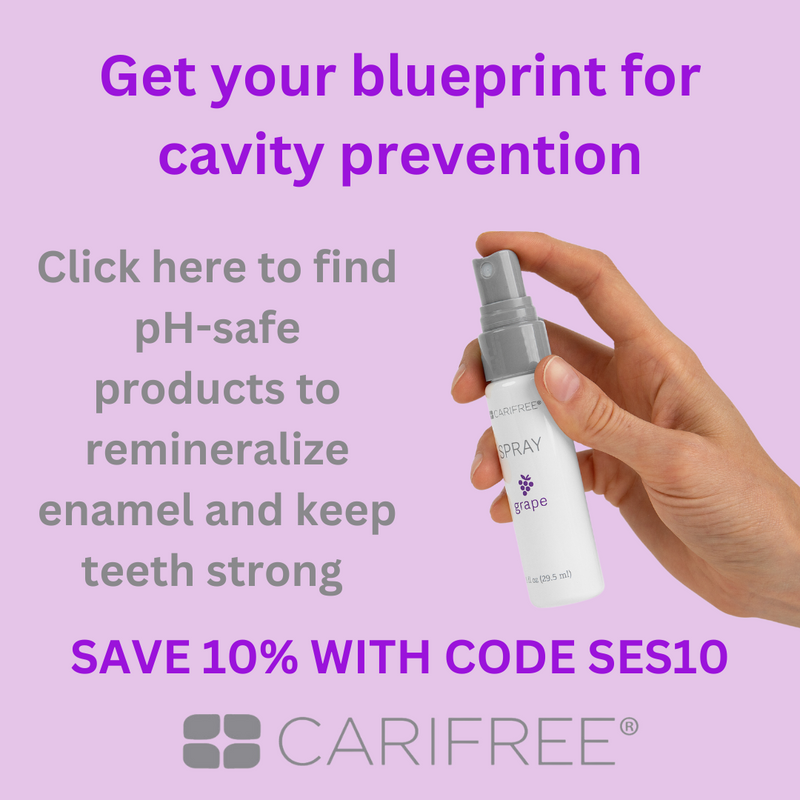Know Your Water! Not All Bottled Waters Are the Same!
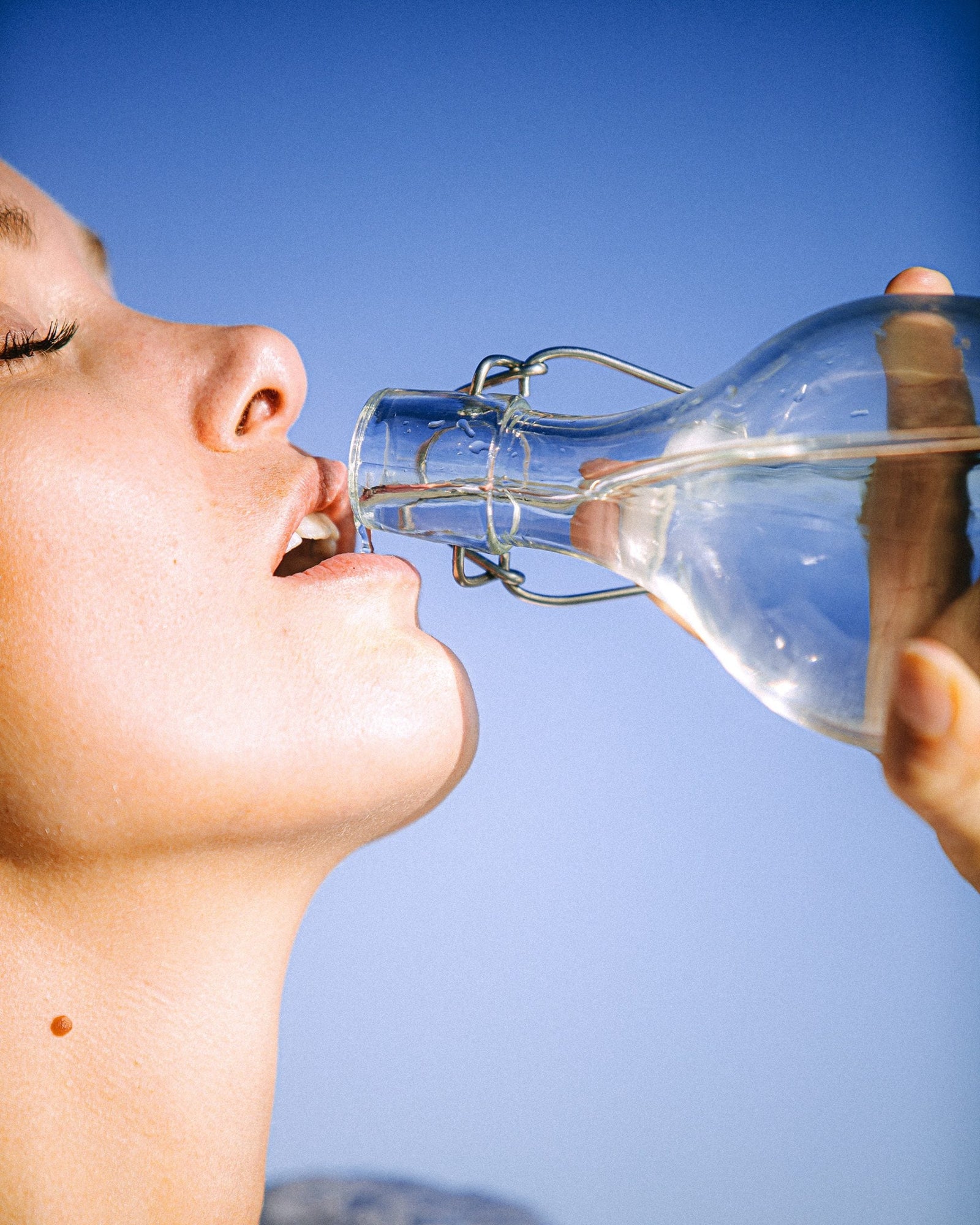
By Jeffrey W. Cash, DDS courtesy of https://voutia.com/
Just Because it's in a Bottle, Doesn’t Mean it's Good… Not All Bottled Waters Are the Same.
Make sure you know your water before you drink because not all bottled waters are the same. This is quite a surprise! What you don’t know could actually be harmful to your teeth. It is easy to reach for that prefilled bottle of water when you are thirsty. If you don’t know your water, you could be doing more than relieving your thirst, especially if you suffer with chronic oral dryness. The pH scale (measurement of acidity) and what you drink are intricately linked.
A Booming Business
Bottled water has taken the world by storm. Not long ago, the thought of buying water that is readily available from your tap was considered odd. That is not so anymore. Depending on where you live, getting your drinking water from the faucet may expose you to some unhealthy things. Companies have been quick to offer a solution and today’s grocery stores offer bottled water sections that rival even the soda isles.
Think Before You Drink
Picking bottled water off the shelf is not given a second thought. But, as some have shifted to using bottled water almost exclusively for drinking, knowing just what you are putting in your mouth is becoming more important. Those who deal with chronic oral dryness are most always found with a bottle of water in hand. It varies from person to person, but some sip on that bottle all day long simply to be able to talk.
So, What is the Concern?
Bottled water comes from many sources and is processed in many ways. You may not think of it, but some of the purification processes remove important minerals from the water and quite often, it contains no fluoride. By adding fluoride to municipal water sources, the American Dental Association has reduced the incidence of tooth decay remarkably in the United States.
Consumer groups and individuals have examined many different types of bottled water. What is surprising is that many of them are actually more acidic than what is good for your teeth. Take a look at this video a proactive consumer made showing the variety of acidity in common bottled waters. For those who are drinking bottled water exclusively, years of exposure to some of these waters could do more harm than good.
What can I do?
Plain and simple, know your water! The U.S. EPA is the regulatory organization that monitors public drinking water for contamination but acidity is not evaluated. Most municipal water suppliers make an effort to keep water at a neutral level for us. However, many people still use a well system. Depending on where you live, the groundwater may be more or less acidic. Check with your local county or city government to get a full report like the one provided here.
Also, there has been an increase in promoting more basic or “alkaline” water. This is water that is provided or filtered at home with a pH level that is higher than 7 (less acidic). The impact of drinking alkaline water has not been fully studied long term, but there are some investigations that tout its benefits for acid reflux and rehydration. From a dental standpoint, it is known that tooth enamel will begin to break down at a pH of 5.5. Constant exposure to this level is not good. Provided the overall health of your body is not harmed by drinking alkaline water, it could be of benefit to a dry mouth sufferer’s oral health.
Remember, always “think before you drink.”




